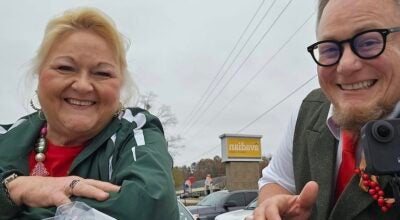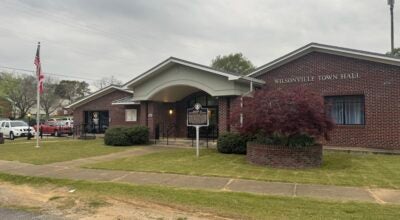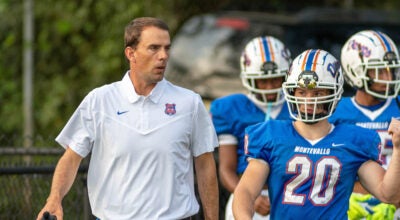On protesting and peace
Published 11:52 pm Tuesday, October 20, 2020
|
Getting your Trinity Audio player ready...
|
By MICHAEL J. BROOKS / Guest Columnist
I asked a nurse if she ever grew accustomed to the gorgeous view of Birmingham from St. Vincent’s Hospital South Tower. She said no. I stood there for several minutes taking in the sights and remembering events of my boyhood. I grew up in the city but left after college and never moved back.
My dad was a steelworker. I remember driving over the Ensley viaduct at all hours of the day and night and seeing the blast furnaces light up the sky. And I remember the smokey haze that enveloped the western part of town, not visible now from the hospital windows. Birmingham isn’t known much for steel anymore.
The steel company had a slogan in those days: “We’re involved.” They posted a banner proclaiming this on the I-59 overpass nearest Birmingham Southern College. One morning as I drove to Samford I passed under the banner. Someone had added graffiti the night before, so it read, “We’re involved in polluting your environment.”
One of many acts of protest in the ’70s. Young people protested pollution. They talked about chemical dumping and water supply. Karen Silkwood became an icon to our generation when she publicized unsafe practices in nuclear facilities. (She was later portrayed by Meryl Streep in a 1983 film.)
The major protests I remember had to do with Vietnam. Young people took to the streets to scream at Presidents Johnson and Nixon about their roles as Commanders-in-Chief. Regrettably, numbers of our Vietnam veterans were disrespected.
I thought of all this while looking at the skyline and remembering. And I thought our country must’ve survived these turbulent years. Maybe like the flag Johnny Cash used to sing about, battered but proud.
A commentator said one of the lasting images from a recent political convention was a young lady of 18, strumming a guitar and telling the nation why we were in peril if we didn’t listen to her.
“And she had green hair,” he said, with a smile.
I don’t remember green hair in the 70s, though I do remember the spirit of protest.
Our nation is strong in part because we’ve had the Constitutional framework of the First Amendment granting rights we didn’t believe we had as British colonists. The First Amendment allows Americans to dissent, but prescribes we dissent in peace: “the right of the people peaceably to assemble, and to petition the government for a redress of grievances.”
The Apostle Paul lived in a time of social unrest. Christians began to be targeted as enemies of the republic. He counseled that we live in peace with everyone, insofar as possible (Romans 12:18). As Dr. King envisioned, all men should sit together at the table of brotherhood.
Reflections is a weekly devotional column, evangelical but non-sectarian, written by Michael J. Brooks, pastor of the Siluria Baptist Church in Alabaster. The church’s website is Siluriabaptist.com.









